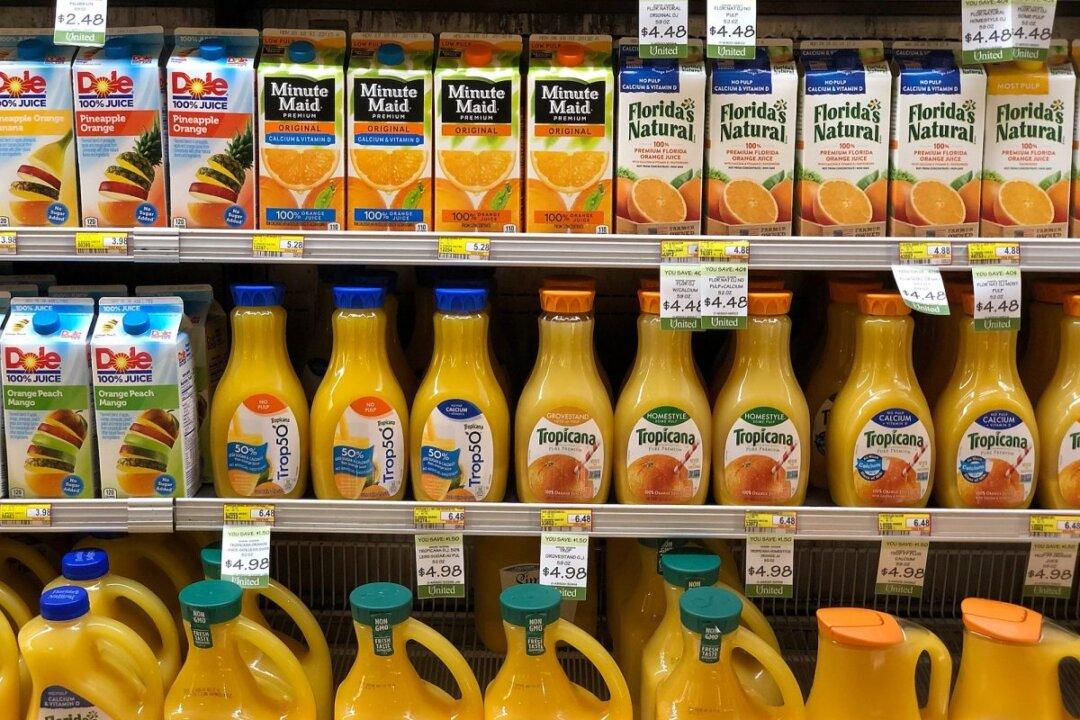People worldwide have increased their consumption of sugary drinks over the past few decades, which is directly correlated to an increased risk of developing cancer—including breast, prostate, and colorectal cancer, a new study by Global Disease Burden found.
According to the study, which was carried out in France and published in the BMJ, as consumption of sugary drinks increased, so has the risk of disease and cancer—by more than 40 percent from 1990 to 2016.






